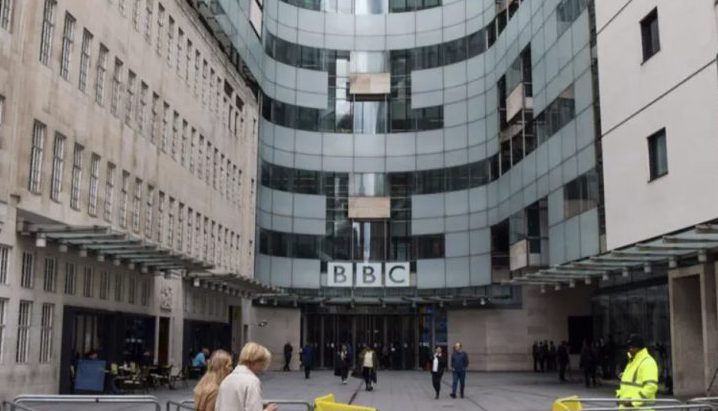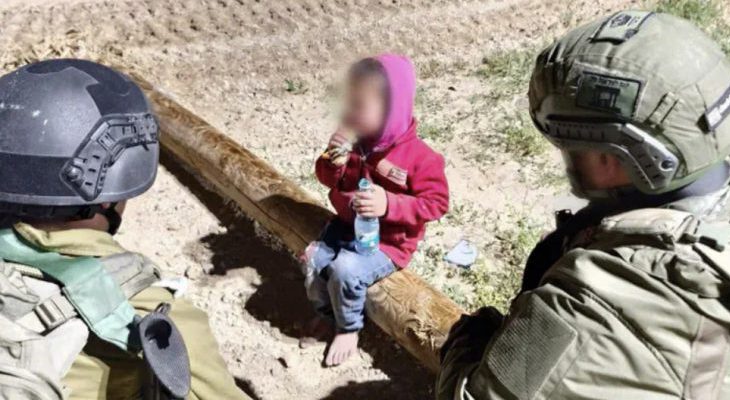BBC issues an apology after using footage of the Israeli city of Tiberias – located well within Israel’s internationally recognized borders – while discussing “settlements” in the Golan Heights.
The BBC has issued an apology after using footage of an Israeli city while discussing “settlements” in the Golan Heights, The Jewish Chronicle reports.
In a BBC Arabic video from December 2024 about the Golan Heights and its “strategic importance,” aerial footage of Tiberias—a city well within Israel’s internationally recognized borders—was shown.
A voiceover in the video described Israeli “settlements” in the Golan Heights, with subtitles appearing on the screen stating, “There are more than 30 Israeli settlements in the Golan.”
Tiberias, which is located on the western shore of the Kinneret (Sea of Galilee), has maintained a Jewish majority since the beginning of the British Mandate in 1922.
The Committee for Accuracy in Middle East Reporting and Analysis (CAMERA) flagged the mistake to the BBC, which later republished the video with the correct footage.
A spokesperson from CAMERA told The Jewish Chronicle, “Tiberias is a city with a continuous Jewish presence since the 1700s at least. By implying that it is a ‘settlement’ while regularly referring to nearby Arab communities, some far newer, as ‘villages’ or ‘towns,’ BBC Arabic fuels the antisemitic stereotype according to which Israel’s Jews can never be truly indigenous to the land.”
“More broadly speaking, given the BBC’s longstanding and disproportionate focus on Jewish ‘settlements,’ one might expect BBC Arabic editors to at least know what they look like,” added the spokesperson.
In an email to CAMERA seen by The Jewish Chronicle, a BBC News spokesperson stated, “We apologize for the errors but also do not accept the interpretation of these errors as ‘racism.'”
The latest controversy comes as the BBC faces mounting scrutiny for using the son of a senior Hamas official as a narrator in its documentary “Gaza: How to Survive a Warzone.”
The BBC has acknowledged that there were “serious flaws” in the program. British Prime Minister Keir Starmer later said he is “concerned” by the documentary.
The BBC has repeatedly been criticized for the blatant anti-Israel bias in its reporting. This criticism has increased since Hamas’ October 7, 2023 attack on Israel and the war in Gaza which followed.
In November of 2023, the corporation published an apology after falsely claiming that IDF troops were targeting medical teams in battles in and around the Shifa Hospital in Gaza.
Before that, the BBC falsely accused Israel of being responsible for an explosion at a hospital in Gaza, which the IDF proved was caused by an Islamic Jihad rocket.
The network later acknowledged that “it was false to speculate” on the explosion.
In August, more than 200 people from Britain’s TV and film industry called for an urgent investigation into allegations of antisemitism at the BBC. A month later, a report found that the BBC violated its own editorial guidelines more than 1,500 times during the first four months of the war between Israel and Hamas, and noted “deeply worrying pattern of bias” against the Jewish state during that period.
Just a few weeks ago, BBC News presenter Nicky Shiller referred to three hostages who were released by Hamas as “prisoners”, similar to the term used for the terrorists imprisoned in Israel.
His remarks sparked an uproar, leading the network to apologize.





